Annual Lecture
2023 Annual Lecture
Katherine O’Donnell (UCD)
“We have, obviously, erred totally on the side of believing the women concerned in the first instance”: Reflections on the Irish State response to Oral Histories of Institutional Abuse Survivors
7 December 2023
Royal Society of Antiquaries of Ireland
Details and registration: https://oralhistorynetworkireland.ie/event/2023-annual-lecture
Recordings of Past Annual Lectures
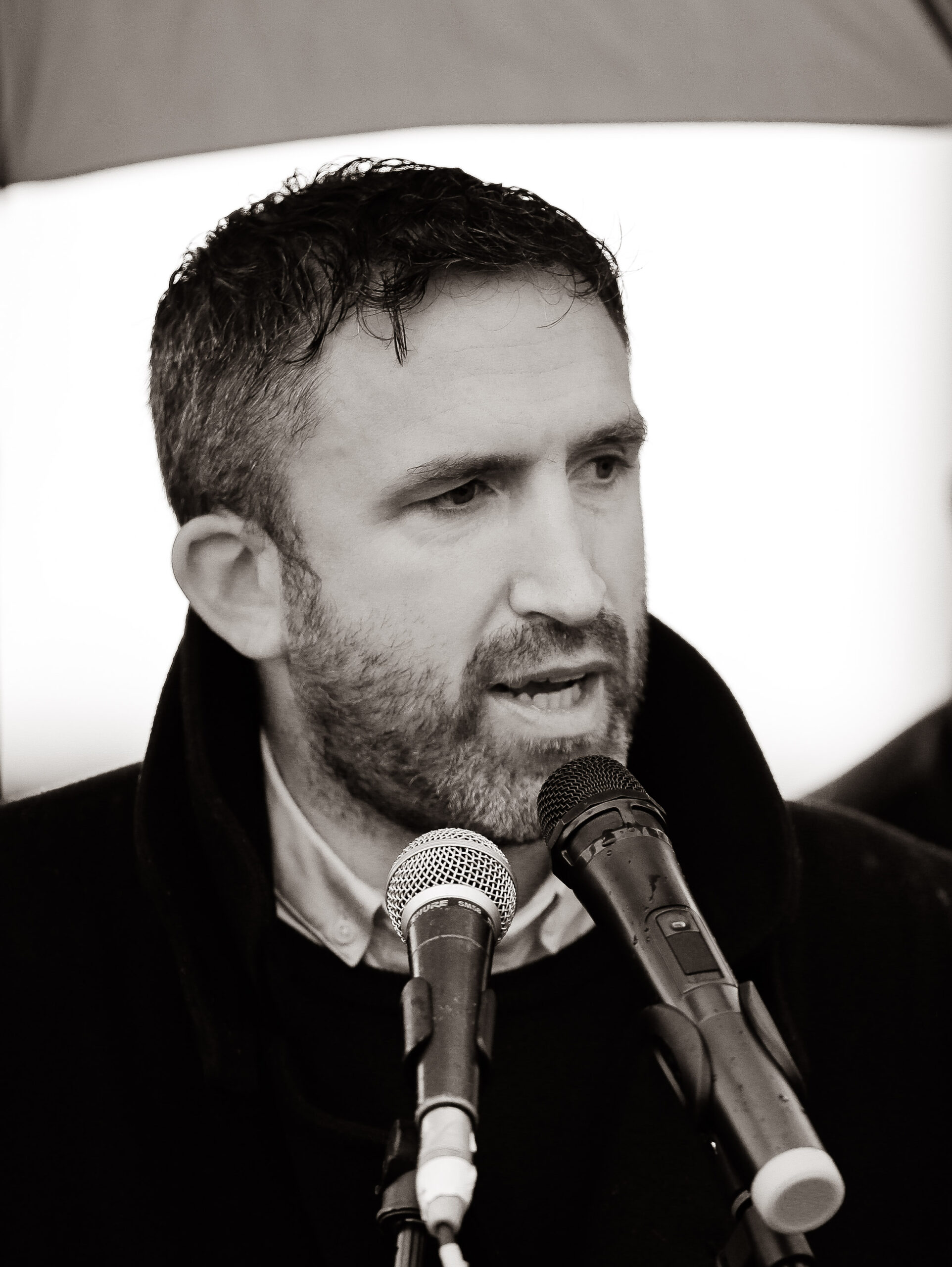
2022: Tomás Mac Conmara, ‘Always in the Human Consciousness: Exploring the Memory of Ireland’s Revolutionary Period’
Recorded at the Royal Society of Antiquaries of Ireland on 1 December 2022.
Tomás Mac Conmara has been recording memories of the Irish revolutionary period across Ireland since he was a teenager. His work has focused on the human experience of the War of Independence and Civil War and how this was carried in the memory of some of Ireland’s oldest citizens. This lecture will explore that memory and its meaning for us, a century on from the end of the Civil War, with unique audio samples from those who experienced the period and who deeply felt its legacy.
Tomás Mac Conmara is an oral historian and author from County Clare. In 2016, he was commended by President of Ireland Michael D. Higgins, as one of seven recipients who have made outstanding contributions to culture over the last 100 years for a Comhaltas Forógra na Cásca Centenary Award. He has published six books including his 20-year collection work: The Time of the Tans and in 2021, The Scariff Martyrs, War, Murder and Memory in East Clare. Tomás runs a heritage consultancy, leading cultural projects for national clients like the Defence Forces, Dublin Port, An Garda Síóchána, Waterways Ireland, and several local authorities. He is also employed by UCC, as Manager of the Cork Folklore Project. He is a regular contributor to The TODAY SHOW on RTE on historical and cultural matters.
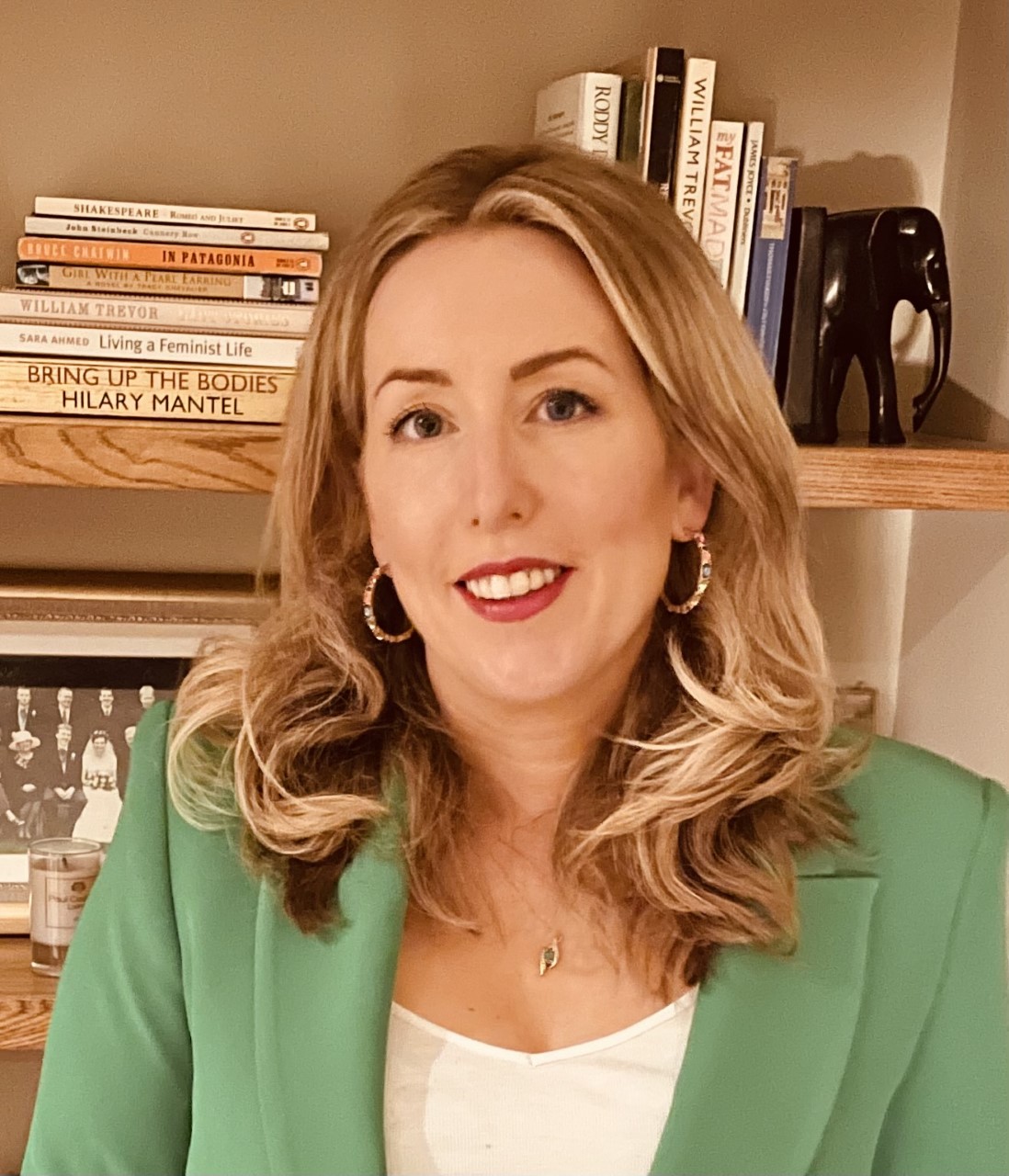
2021: Anna Bryson, ‘Oral History in the Shadow of Conflict’
Dr Anna Bryson (Queen’s University Belfast) delivers the 2021 Annual Lecture on the subject ‘Oral History in the Shadow of Conflict: Truth, Justice and Accounting for the Past’.
Drawing on over twenty years’ experience of post-conflict oral history research, this paper will consider the role and function of oral history in facilitating access to truth, justice and accountability. In particular, it will draw on work that Dr Bryson has been developing with human rights lawyers since 2014 to inform key debates on dealing with the past in Northern Ireland. Outputs from the collaboration include writing over 30 policy documents and blogs, providing evidence to parliamentary committees, drafting ‘model legislation’, writing responses to government consultations and providing free technical legal and policy advice to key stakeholders including the Council of Europe, US Congress and the United Nations. The UK government’s recent proposals to engage oral history to deal with the legacy of the Northern Ireland conflict will be a key focus. To conclude, the paper will consider how approaches to oral history in the context of Northern Ireland might inform broader commemorative initiatives on the island of Ireland.

2020: Siobhán McHugh, ‘The Poetry of Podcasting’
Siobhán McHugh, award-winning oral historian, writer, documentary-maker and podcaster, and Associate Professor of Journalism at the University of Wollongong, delivers the Oral History Network of Ireland’s 2020 Annual Lecture on the subject ‘The Poetry of Podcasting: Emphasising the Oral in Oral History’.
The eminent Italian oral historian Alessandro Portelli has described the oral history interview as ‘a performance in search of a text’. Print is unsatisfactory: a transcript makes it easy to scan the content but robs it of the crucial meaning conferred by the aural dimension. The audio medium captures beautifully the orality of oral history, retaining every emotional inflection or pregnant silence, while not being as intrusive as video.
But how then do you make lengthy audio recordings accessible and engaging? Radio documentary has long provided one text format in which to showcase edited oral history, but it was available only to a privileged few who had a combination of technical skills and access to the airwaves. The advent of podcasting has changed all that. Anyone can now make a sound recording freely available online and call it a podcast. But that doesn’t mean people will want to listen to it.
Turning two-hour interviews into compelling audio storytelling is a specialised art that requires an understanding of the grammar and aesthetics of audio as well as an attuned ethical mindset. In this presentation, Siobhán McHugh shares some of the secrets of how she has turned oral history into award-winning audio narratives for over three decades.
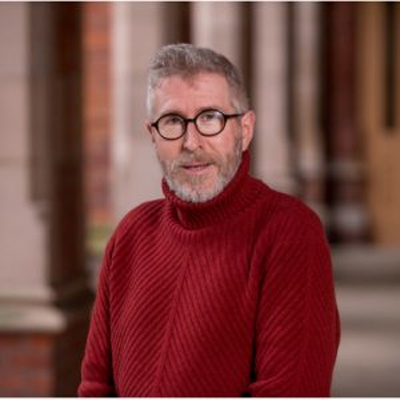
2019: Sean O’Connell, ‘The Oral Historian as Insider and Outsider: Writing History Commissioned by the State’
Recorded at the National Library of Ireland on 4 December 2019.
This talk focuses on the challenges and difficulties faced by historians tasked with probing contentious historical issues on behalf of the State. In this case this involves research undertaken at Queen’s University Belfast and at the University of Ulster examining the history of mother and baby homes and Magdalene laundries in Northern Ireland.
A great deal of controversy has surfaced in the Republic of Ireland in recent years about what has been labelled the ‘nation’s architecture of containment’, a significant part of which was made up of homes for unmarried mothers and the Magdalene laundries in which thousands of Irish women were incarcerated across the twentieth century. After years of lobbying by the United Nations, Amnesty International and groups such as Birth Mothers and their Children for Justice NI, the Department of Health in Northern Ireland commissioned a team of historians, in 2017, to examine archival evidence and collect oral histories on the Northern Ireland versions of these institutions. This paper examines how the oral history side of the project was negotiated in the context of the competing perspectives and expectations of government, victims and survivors, the media and the institutions under scrutiny in the research.
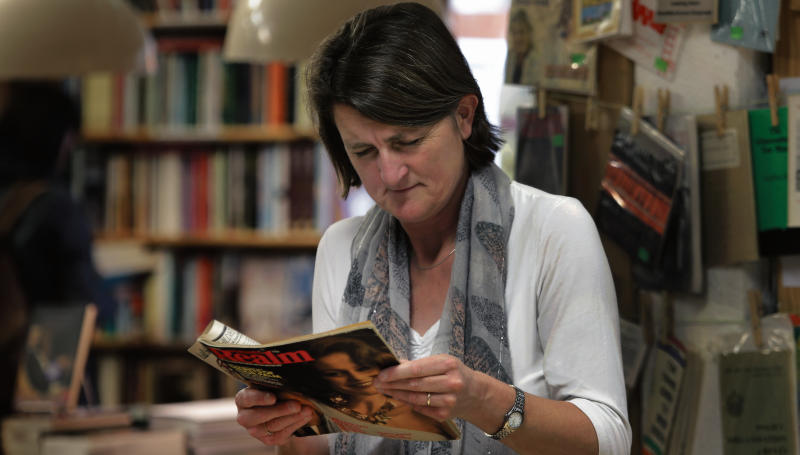
2018: Caitriona Clear, ‘Teaching and Learning Oral History: Delights, Diversions and Dead-Ends’
Recorded on 11th December 2018 at the National Library of Ireland.
In over two decades of experience, Caitriona Clear still has not worked out the formula for the perfect oral history interview. In this lecture she will use both her own oral history experience and her students’ initiatives to explore not only what she has learned about Ireland in living memory, but what she has discovered about the unforeseen roadblocks and unexpected rewards in the practice of oral history.
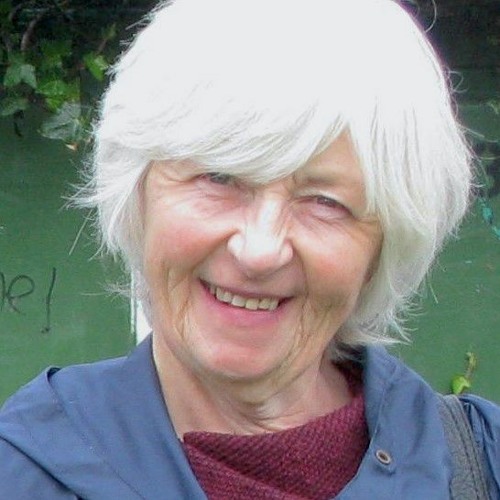
2017: Maura Cronin, ‘A Bridge across Time? The Historian and Oral History in Ireland’
Recorded on 5 December 2017 at the National Library of Ireland.
Maura draws on her research and teaching experiences to consider how personal and family narratives can both aid and hamper our understanding of historical events and ideas. She examines what we mean by ‘good’ oral history, the way oral history can narrow the gap between old and young, the difficulties that accompany the recording of memories within a community, and the challenges posed when we superimpose contemporary beliefs on narratives of the past.
Maura Cronin lectures in History at Mary Immaculate College Limerick. She is Secretary of the Oral History Network of Ireland and has been engaged for almost twenty years in teaching oral history principles and practice at undergraduate and postgraduate level. In 2000 she set up Mary Immaculate College’s Oral History Archive, which currently holds over two thousand interviews on Irish social life.
